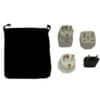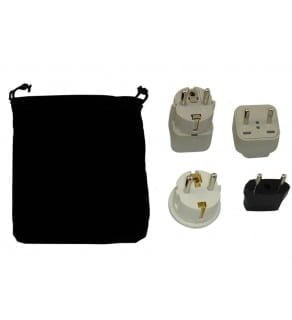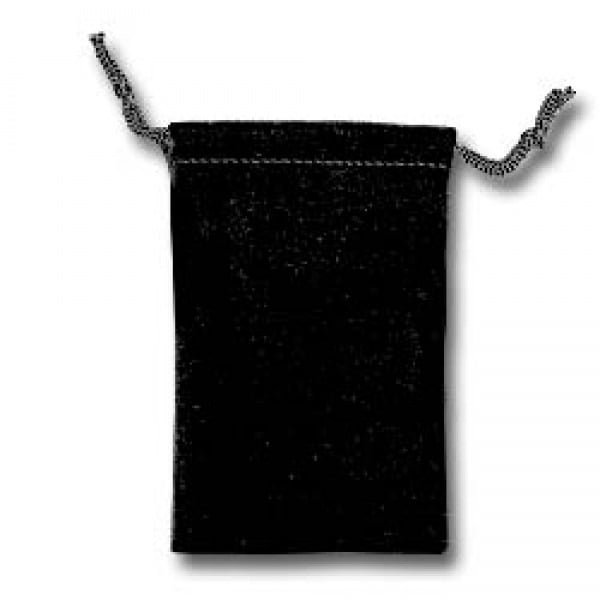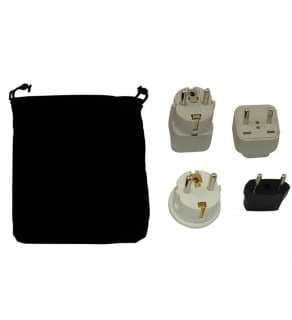Cote dIvoire Voltage and Video Systems
Cote dIvoire Voltage and Frequency
Electricity in Cote dIvoire is 220 Volts, alternating at 50 Hz (cycles per second)
If you travel to Cote dIvoire with a device that does not accept 220 Volts at 50 Hertz, you will need a voltage converter
Cote dIvoire Video System
Cote dIvoire has K1/SECAM video system















